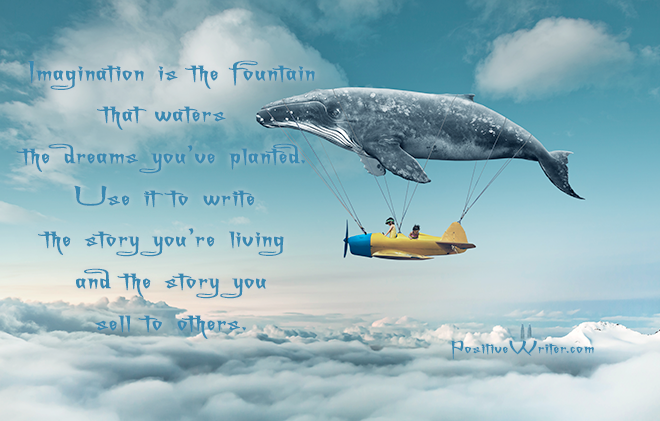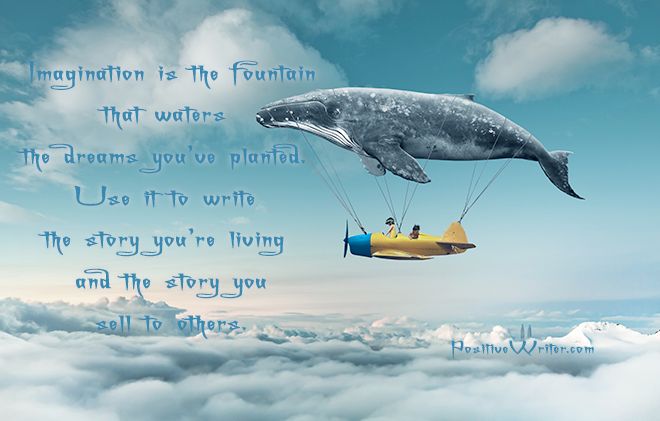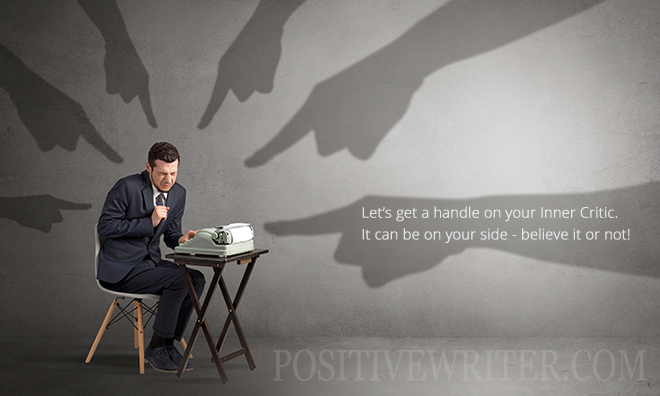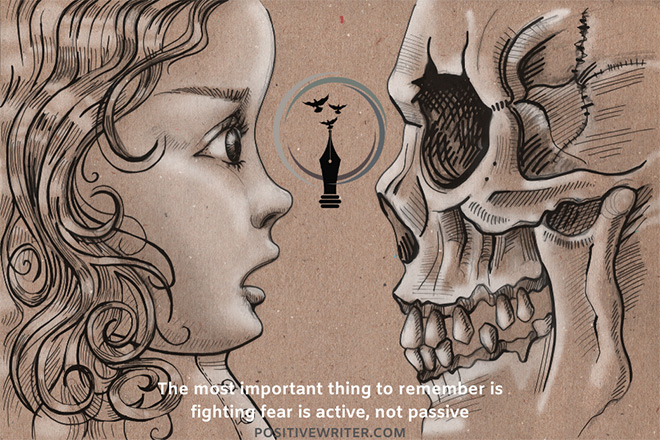Have you ever watched a magician make his assistant levitate just by waving his hands?
Here’s what happens. Two dancers come onto the stage to set the exotic atmosphere. Once we’re in the mood, the magician’s assistant comes out and lies on a board supported by two chairs.
The magician puts the assistant into a trance. The dancers cover the assistant with the blanket on the board. They remove the chairs and the magician begins waving his hands.
Magically, the assistant rises. The magician passes a hoop around the assistant so we can see clearly that there are no ropes or wires lifting the board.

Amazing!
The audience claps and the magician does another trick.
Impressing is a strategy.
Wouldn’t it be great if your readers would be so riveted to your writing that nothing could stop them from reading every word?
What writer doesn’t want that?
Impressing is important, we’re told. If you can’t grab attention, you won’t get a chance to make an impact.
Consider the magician. They’re making an impression all the time, aren’t they? And they do it so well, they don’t even have to share their hidden message.
And what might that message be?
It’s okay to believe in magic.
Be careful not to overlook this fact. The greatest magicians plan to show us that we should believe in magic. If they just told us, then we’d dismiss it. If they didn’t plan for this, their shows wouldn’t be as good.
When the assistant rises and we can’t see why, we’re convinced (even if only for a moment). The magician isn’t forcing us to believe. They’re just presenting a picture and leaving it to us to interpret what we saw.
You impress with a headline or a startling statement to begin your blog post, your essay, or your book. Once you’ve got people’s attention, you’ve got one shot to make your message clear.
That’s where expression comes in.
Expression is a goal.
What impact do you want your writing to make?
The time to ask that question is before you write the first word.
Knowing what you want to accomplish helps you draw a map to get you there. What road will you lead the reader down? What sights will the reader see along the way? What signposts will give hints for what is to come?
The words you choose will depend on the point you want to make. Consider what the reader might be thinking when they find your piece. What are they feeling? What do they believe? What do you want them to think or feel after they read?
To make your message clear, narrow your focus.
Narrowing means you pick one problem and provide a solution for it. It means you tell one kind of story for one kind of reader. To do more is to spread yourself thin and dilute your impact.
When you have one main point, it’s like a tour guide that directs you as you write. It’s the ruthless editor that helps you cut out everything that doesn’t make your point. It’s the magnifying glass that excludes everything that doesn’t add to your message.
I grew up drinking sweet tea. The first time or two I made it myself was a test. I might add too much sugar or too much water. Or maybe too many tea bags. When it doesn’t taste right, you might suffer through a glass or two, but you can’t bring yourself to drink a whole gallon.
Your writing is a lot like sweet tea. If you want your readers to enjoy your writing while they drink it in, suit it to their taste. Be willing to test—and fail. Analyze what happened, adjust your focus, and try again. In time and with practice, you’ll find the right recipe.
You need both to make an impact.
To influence people, you have to draw them to you.
It’s not enough to open the door. You’ve got to have something appealing inside. If you bore them after you grab their attention, they’ll walk out on you.
TV producers are experts at this. They tantalize you with the juiciest clips while you’re watching something else. If they succeed, then they have to make watching so good you’ll go on a binge.
Think about your favorite shows. What got you hooked? What makes them so good you want to tell all your friends about them?
Here are a few:
- Open loops – They show you a problem but withhold the solution until you watch. Characters you can identify with – When the hero seems like you, you think of them as a friend. You see yourself in their shoes. You may even find yourself rooting for them or talking to the screen to tell them what to do.
- They sell hope – Have you had a bad day and want to laugh? Do you want to be as confident or skilled as your favorite character? A few minutes escape can be just what the doctor ordered.
What can you add to this list?
Then ask yourself, “How can I use these techniques in my own writing?”
If you need help, take out one of your favorite author’s books. Read for an hour. Then grab a cup of coffee (or your favorite beverage) and write down the ways they capture your attention.
Then grab a pen and implement those techniques into your own writing.
Start with one strategy and implement it every day for a week. Then add another the next week. Soon you’ll become your ideal reader’s favorite writer!











